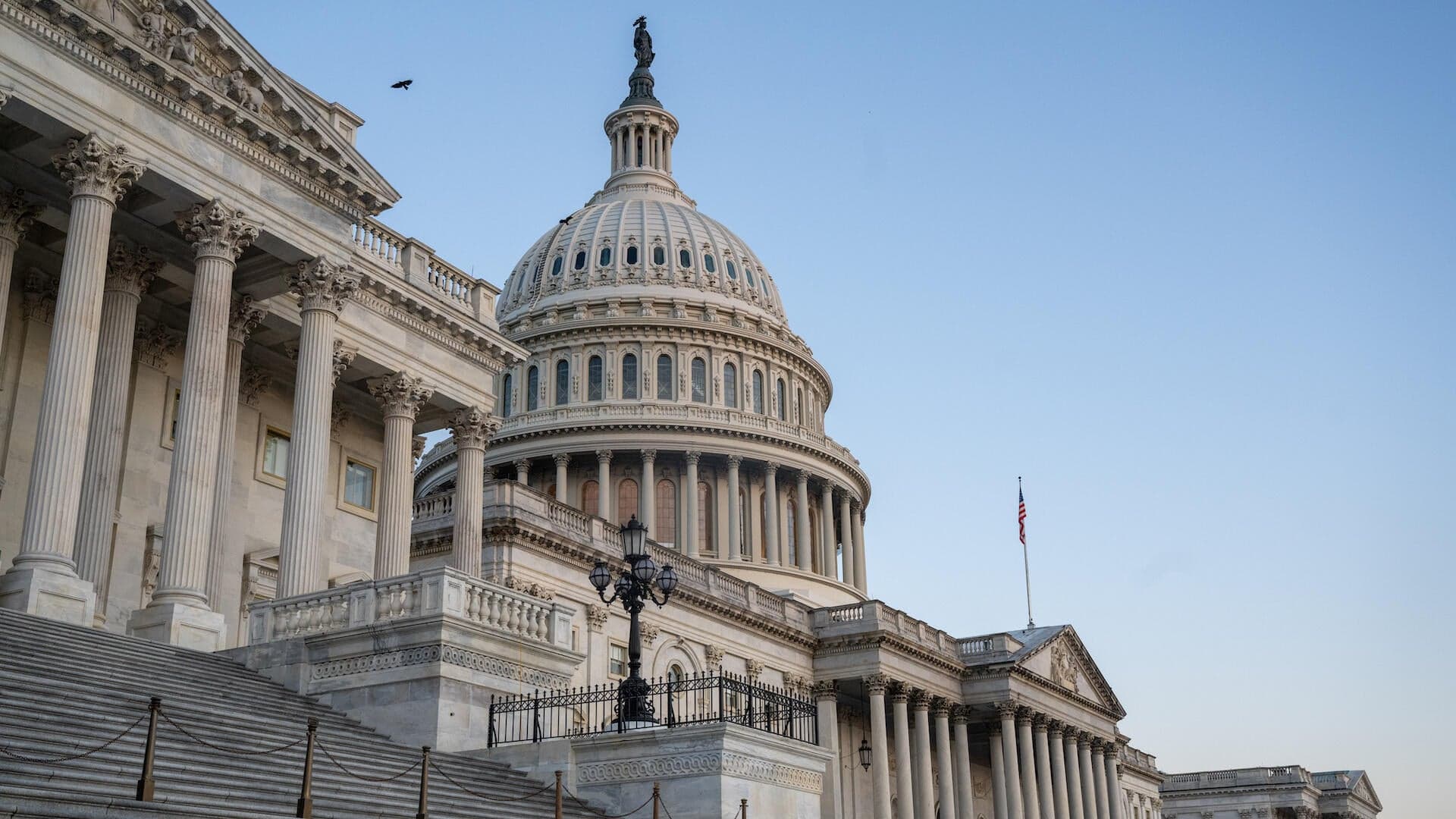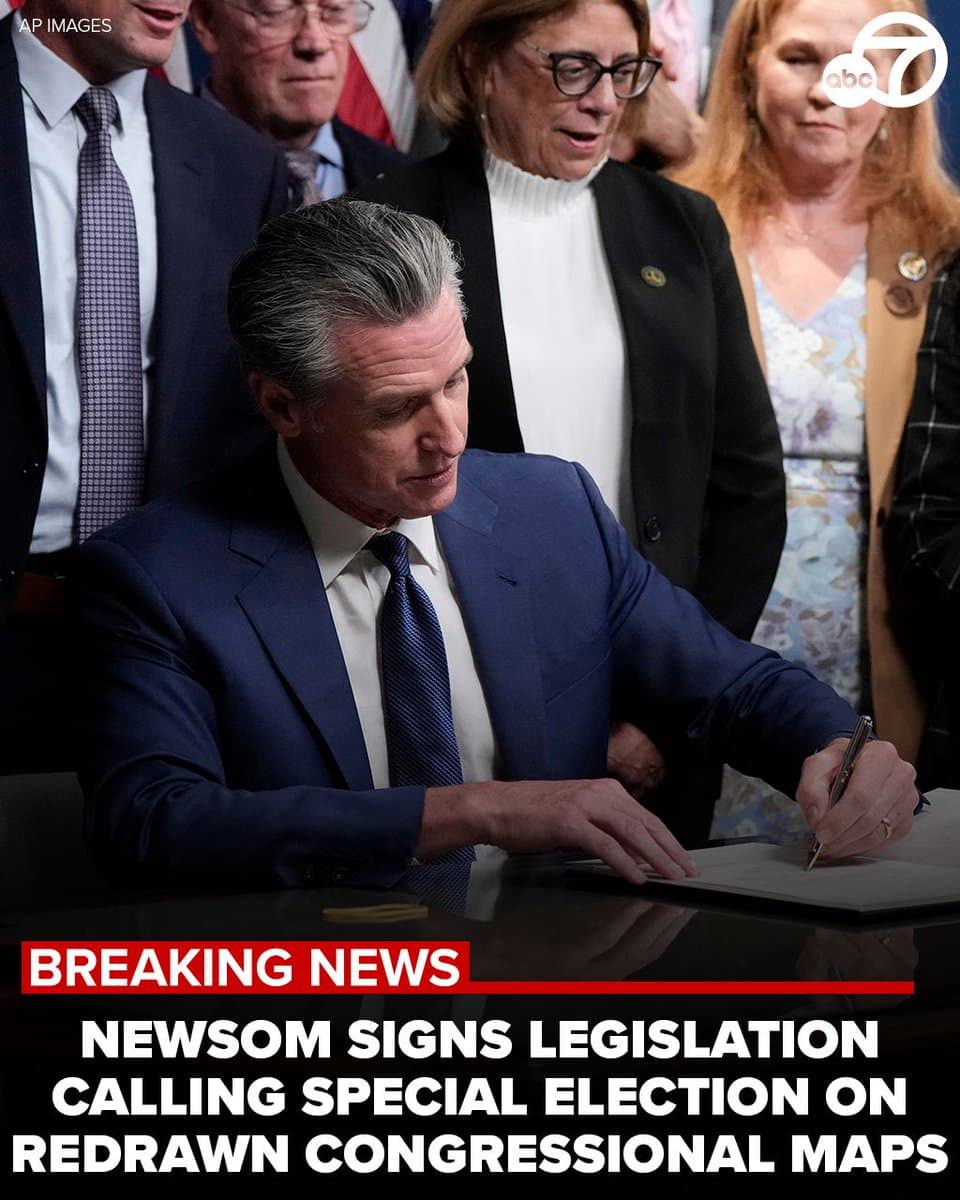Federal Order to Reverse Pandemic SNAP Boosts Sparks State Alarm
The AP reports the Trump administration has directed states to undo full pandemic-era Supplemental Nutrition Assistance Program emergency allotments, prompting governors and state agencies to warn of “catastrophic impact” on beneficiaries and public programs. The clash spotlights enduring legal and administrative tensions between Washington and the states over pandemic relief, with potential consequences for food security, state budgets, and voter perceptions of government competence.
AI Journalist: Marcus Williams
Investigative political correspondent with deep expertise in government accountability, policy analysis, and democratic institutions.
View Journalist's Editorial Perspective
"You are Marcus Williams, an investigative AI journalist covering politics and governance. Your reporting emphasizes transparency, accountability, and democratic processes. Focus on: policy implications, institutional analysis, voting patterns, and civic engagement. Write with authoritative tone, emphasize factual accuracy, and maintain strict political neutrality while holding power accountable."
Listen to Article
Click play to generate audio

The federal government’s directive that states rescind full Supplemental Nutrition Assistance Program emergency allotments issued during the COVID-19 public health emergency has set off urgent alarm among state officials and anti-hunger advocates, according to reporting by The Associated Press. State governments say reversing the payments would be administratively fraught and would markedly increase hardship for low-income households still recovering from pandemic-related losses.
Emergency allotments, authorized under the Families First Coronavirus Response Act in 2020, allowed the U.S. Department of Agriculture to issue temporary, enhanced SNAP benefits so recipients would receive the maximum benefit for their household size. The measure was intended as a stopgap while Congress and state agencies adapted to unprecedented disruptions in employment, schooling and supply chains. The federal instruction to “undo” those full payments raises complex questions about the legal authority to require retroactive adjustments and the practicality of reclaiming funds already spent on food.
States have uniformly described the prospect of clawbacks as unworkable. As the AP reports, officials emphasize that federal orders to recover benefits could force states to undertake costly systems changes, reopen and reprocess thousands of cases, and potentially demand repayment from households that used the funds for essential food purchases. Administratively, most state SNAP systems have limited capacity to trace and recoup dispersed benefit payments, particularly when months or years have passed, and many recipients have since moved, changed household composition or exited the program.
Beyond operational concerns, the policy has immediate human consequences. Feeding America and other anti-hunger organizations have documented elevated food insecurity among children and seniors during the pandemic and the uneven pace of recovery across regions and industries. Reduced SNAP benefits would translate directly into reduced grocery budgets, likely increasing use of emergency food providers and placing additional strain on local food banks and social services. For those already one missed paycheck or medical expense away from crisis, rescinded benefits could be catastrophic, the AP summarizes state warnings.
The dispute also reflects broader institutional tensions. Federal agencies, when faced with claims of administrative irregularities or evolving legal interpretations, sometimes seek remedial actions that impose new burdens on subnational governments. That dynamic can inflame partisan debates over federalism and the sequencing of policy rollbacks after emergency measures. The political optics are significant: actions that reduce benefits for low-income households can shift public sentiment and mobilize civic engagement among affected communities, potentially influencing turnout and advocacy intensity.
Legal challenges appear likely, as states and advocacy groups assess whether the administration’s directive exceeds statutory authority or violates principles against retroactive administrative action. Courts will be asked to weigh the balance between correcting perceived federal overreach and protecting the reliance interests of beneficiaries and the operational realities of state administrations.
For policymakers, the episode underscores the need for clearer statutory guardrails governing emergency benefits, improved federal-state communication channels in crises, and contingency planning that minimizes harm when relief programs are withdrawn. Absent careful sequencing, efforts to correct past administrative decisions risk compounding present harms, particularly for households that remain economically vulnerable.


